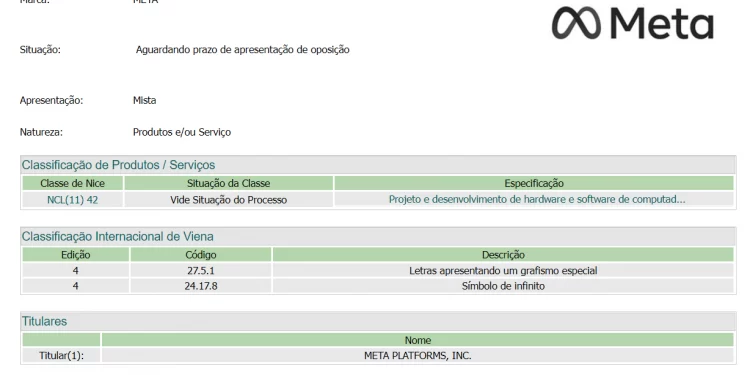Advertisement
The payment of real estate-related taxes in Bitcoin is officially accepted in the Brazilian city of Rio de Janeiro with the issuance of a Payment Conditions within city limits, also known as Imposto sobre a propriedade predial erito urbana (IPTU).
The new cryptocurrency-backed tax law will be implemented from 2023, announced by the Minister of Economic Development, Innovation and Simplification, Chicão Bulhões. https://twitter.com/ChicaoBulhoes/status/1507761916797763592?s=20&t=JBMLiiAnmug0a7yX7XSCvA
Leading the way in support of the decision to approve cryptocurrency payments is Brazilian Mayor Eduardo Paes. Binance CEO Changpeng "CZ" Zhao announced the opening of a new office in the area, saying: "The mayor has completed the work. Now it's time for us to do our job."
9 days ago, I made a handshake deal with mayor @eduardopaes. Rio De Janeiro will accept crypto for tax payments, and @Binance will open an office in Rio. He's done his part. We are working on ours. https://t.co/HPJONtBfQ8
— CZ 🔶 Binance (@cz_binance) March 26, 2022
This deployment will make Rio de Janeiro the first Brazilian city to make payments in BTC.
"To get into operation, the city will hire companies that specialize in converting crypto assets into reais (Brazilian currency). Thereby, City Hall will receive 100% of the amount in currency. "
On Jan. 29, the Meta platform registered a trademark with Brazilian authorities to design, develop, and provide hardware and software for a variety of services related to BTC and cryptocurrencies.
| As Ecoinomic reported, Meta, formerly Facebook, has filed eight trademark protection applications for Digital Assets and Web 3 with the U.S. Patent and Trademark Office (USPTO). The giant is "all hands" on Metaverse when it announced a rebranding to Meta earlier this year. |

Through the adoption of cryptocurrencies, Rio de Janeiro develops a solid market of this new asset class in the city. Brazilian Minister Pedro Paulo said the government's desire is to stimulate the circulation of cryptocurrencies by integrating them into tax payments as in the case of IPTU and in the future, this could even be extended to services such as taxi racing.
The city also plans to adopt NFTs governance policies across various sectors including arts, culture and tourism.
















